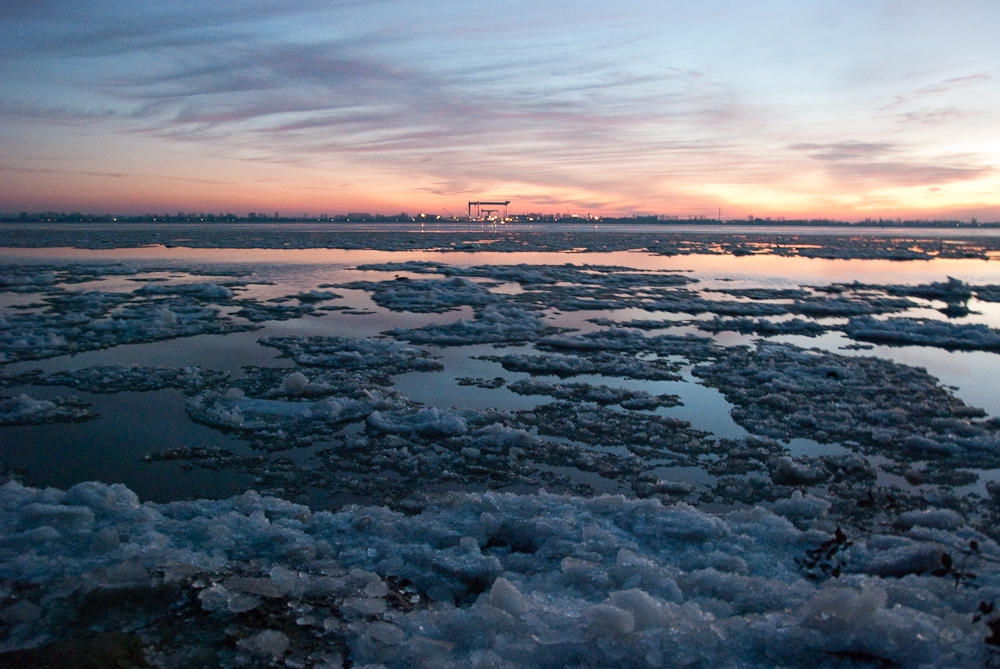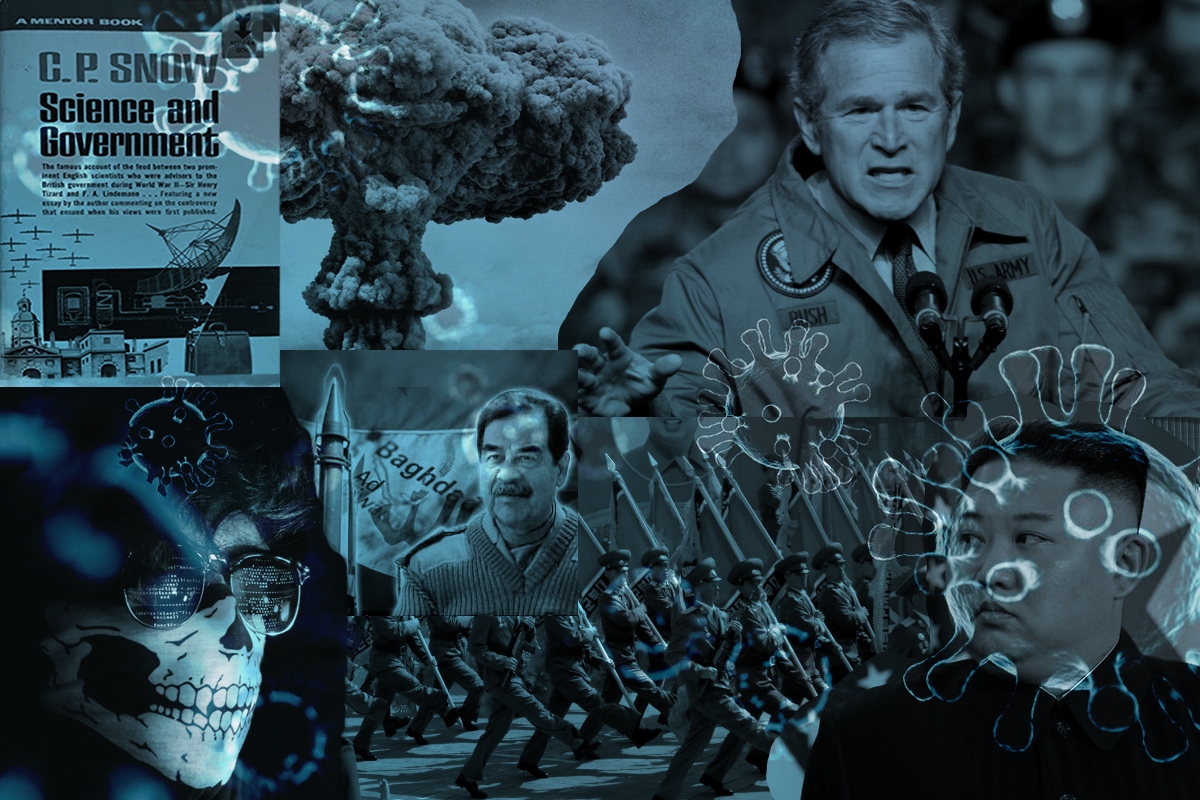
Plenitude: The New Economics of True Wealth
Juliet B. Schor • The Penguin Press, 2010, 258pp.
Oxygen depletion, the formation of ecological dead zones and the further disruption of the food chain will be among the effects of the Deepwater Horizon explosion and subsequent oil spill in the Gulf of Mexico. In light of such consequences, U.S. President Barack Obama made the prudent decision to impose a 6 month moratorium on all deepwater drilling. Yet a U.S. Supreme Court judge has struck down the moratorium, calling it “arbitrary and capricious.” Not surprisingly, oil companies like Chevron and Exxon are relieved by the ruling, pointing out that they weren’t responsible for the unfolding tragedy in the Gulf. What is surprising is the support for the judge’s ruling on the part of many in local communities devastated by the oil spill. In Louisiana and Florida the accident has thrust tourism, fishing and all of the other industries dependent on healthy ocean ecosystems into steep declines. People remain outraged at BP, to be sure. Yet for the devastated local Gulf communities, stopping deepwater drilling remains a prospect that most are not prepared to entertain.
The sorry episode illuminates a series of unfortunate truths. Deepwater oil drilling is more common due to the depletion of most of the world’s more easily accessible oil reserves. The deeper the drilling, however, the more environmentally hazardous and unpredictable is the outcome. For many, the risks associated with such drilling only add to the urgent need to reduce our oil dependency. But, as anyone in Fort McMurray will tell you, a transition away from oil would seemingly destroy the city’s most important generator of wealth. It is these types of tensions between the environment and the economy that Juliet B. Schor examines in her new book, Plenitude: The New Economics of True Wealth. Schor insists that the environmental crisis exposes the limits
of conventional models of economic growth and analysis. In order to effectively address the environmental crisis, economies must effectively transition themselves to models of growth that do not accelerate carbon emissions or promote other forms of environmental degradation. But how is such a transition to be achieved?
Schor expertly outlines the impasse in the relationship between the environment and economic theory. As she reminds the reader, the variety and extent of environmental degradation is staggering in scope. Carbon emissions continue their relentless rise. Polar ice caps are melting. Species are being lost at an exponential rate. Coral reefs are dying. Desertification continues. Much of the degradation is attributable to unsustainably high carbon emissions stemming from economic activity. Yet what Schor refers to as ‘mainstream economics’ hasn’t even begun to acknowledge the need for economies to adjust. This is due, in part, to many economists’ insistence that economic growth is itself the best mechanism for resolving any tensions between the economy and the environment. If countries must commit resources to combating environmental degradation, the only way to do so is by generating wealth through conventional economic growth. Growth will also be cause and consequence of the sort of technological advances conducive to addressing environmental hazards. If deepwater drilling is highly risky, the solution is not to cease drilling but rather to develop technologies to minimize the threat of spills. Similarly, markets are best suited to addressing the problem of resource scarcity: the scarcer the resource, the higher the price and thus less the demand. Resources will thus be preserved. Market equilibrium, according to this view, will somehow also create environmental equilibrium.
Such optimism, according to Schor, is misplaced. In particular, linear models of economic growth do not sufficiently accommodate the need for balance in our ecosystems. Consequently ecosystems are at risk of being subject to feedback loops. To take one example, accelerated carbon emissions do not simply make the planet warmer. On the contrary, beyond a certain point warming will initiate processes that serve to compound the warming. Thus as northern land masses warm, melting permafrost will release methane into the atmosphere, thereby intensifying the warming process. Warmer temperatures, in turn, accelerate the loss of polar ice, one consequence of which is to again exert upward pressure on temperatures. The loss of polar ice will also contribute to rising sea levels which, in turn, may facilitate the inundation of coastal communities. In other words, warming may reach a tipping point, beyond which unpredictable and far reaching forms of environmental catastrophe will likely ensue.
Although Schor writes with a sense of urgency, Plenitude is still imbued with a sense of optimism. She stresses the need for important changes to economies, but insists she is not preaching the need for austerity. Rather she suggests that individuals and communities can live creatively and joyfully without taxing the earth to the extent we do now. This may mean, among other things, working less and no longer obsessing over material goods. But it will also mean more opportunity to spend time with family or to develop alternative sets of skills. Some readers will dismiss such suggestions as radical or unrealistic. Others, however, will embrace Schor’s more benign approach for “living rich on a troubled planet.”









